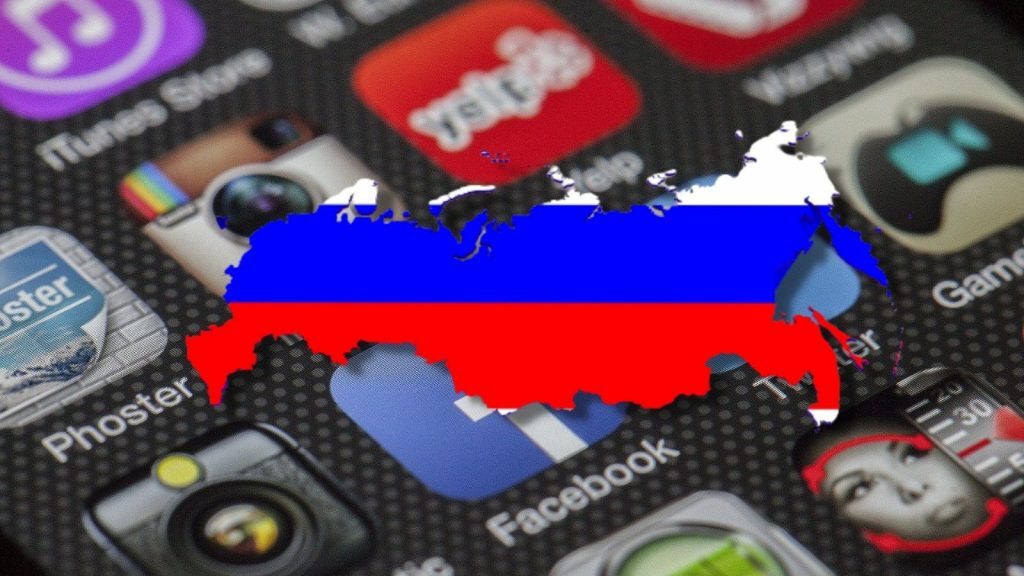Russia is the latest country to take steps to limit how social media companies operate in places that aren’t their home ground. A new law signed by president Vladimir Putin this week mandates that social media giants need to establish a local presence in Russia in order to keep doing business the way that they’re used to.
The new law says that “A foreign entity, carrying out activities on the internet in Russia, is obliged to create a branch, open an office or establish a Russian legal entity.” Though this law, according to politician Alexander Khinshtein, only applies to companies that have a daily audience in that country of 500,000 people or more, it’s a rather large step towards controlling the greater internet at a government level.
Russian to take down stuff they don’t like
Tech firms are required to register an account with Roskomnadzor, the country’s state communications regulator, prior to establishing a physical or legal presence in the country. Reasons for the new law aren’t given but the Russian government has a history of contention with social media companies in countries it can’t exert pressure. Forcing Facebook, Twitter and friends to set up shop on Russian soil will… probably give authorities someone to arrest in the event that something happens on the internet that they don’t like.
Google, Facebook, Telegram and Twitter all have court hearings in Russia in July, reports Reuters, for failing to delete content fast enough for the government’s liking. Previously, tech firms have been fined for failing to delete content but the government has also criticised social media for what it calls illegal protests organised on the platforms.
The Russian government joins the likes of India in enforcing stricter laws on social media companies. If India’s pattern of behaviour is any indication, it won’t be long before those new local offices are used to attempt to enforce greater control over social media platforms (and the local citizens who use them). As we’ve pointed out, social media is indeed broken but allowing any government to control the most powerful communications platform in the history of mankind isn’t the way to fix it. Decentralisation and demonetisation, however, has a decent shot, while providing the greatest amount of freedom for users.
Source: Reuters




